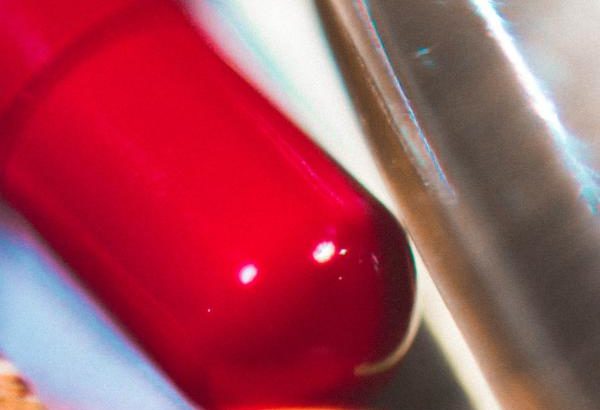Many people are unfamiliar with probiotics, but there are studies to show that these supplements may be beneficial in the treatment of various ailments. Probiotics are dietary supplements that contain possible beneficial bacteria. Certain types of yogurt, for example, contain probiotics in therapeutic quantities. This simply means that some foods contain enough of this supplement to be helpful and is measured in quantities where it cannot be overindulged.

Probiotics are believed to assist the body’s digestive system and are sometimes recommended by physicians. More frequently, however, probiotics are recommended by nutritionists as part of a healthy, well-balanced diet program. Some theories even exist that suggest these dietary supplements may help to strengthen the immune system. While there is no recorded evidence to suggest that probiotics can replace damaged parts of the body’s digestive tracts, there is proof that it can form temporary associations that may help to produce the same functions while the damaged areas have additional time to recover. By allowing the body additional recovery time, probiotics may offer both valuable and temporary assistance.
In addition to aiding in digestion and improving the immune system, probiotics are also thought to help prevent constipation, reduce the occurrence of insomnia, and may help to reduce stress-related ailments. Stress is believed to be responsible for the onset of many illnesses, which is why research continues in an attempt to find ways to help reduce these ailments. What is one of the main illnesses related to stress? The answer is high blood pressure which, alone, can be extremely dangerous and may lead to other problems if not maintained.

Certain types of commercial products, namely health foods, contain a specific amount of probiotics. As mentioned previously in this article, such products may include yogurt or sauerkraut. Probiotic foods and dietary products are the most common forms of dietary supplements, but tablets and capsules are also sometimes made available. Individuals may ask their physician about various types of foods and the amount of probiotics that each contains.
This article is to be used for informational purposes only and is not intended to be used as professional medical advice. The information contained herein should not be used in place of, or in conjunction with, a doctor’s recommendation. Prior to beginning any treatment regimen, including one that involves the use of probiotics, an individual who develops an illness of any type should consult a licensed physician for proper diagnosis and treatment.





